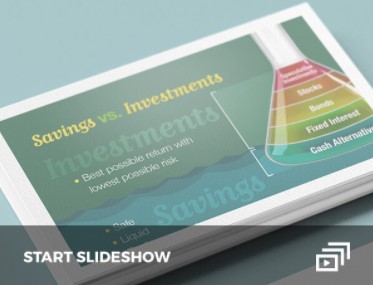Buying vs. Leasing a Car
Some people approach buying a car like they approach marriage, “’til death do us part.” Others prefer to keep their options open, trading in every few years for the latest make and model, the most cutting-edge technology, or the highest horsepower. Whichever describes you best, we all face a similar decision when it comes to acquiring a car: finance, lease, or pay cash.
About one-third of people lease their cars, but most choose to finance, and some still pay cash.¹ From an investment perspective, which choice is best? That depends on your lifestyle, cash flow, and personal preferences.
For many, paying cash for a car is the simplest way to get one. When you drive off the lot, you own the vehicle outright and are free to do whatever you want with it. You face no penalties or mileage restrictions, and you have no monthly payments. However, you have paid cash for a vehicle that is expected to depreciate over time.
Financing a new car requires a smaller initial outlay of money, usually 20% or more of the vehicle’s value, in the form of a down payment.2 When you drive off the lot, the bank owns the car, not you. As with most loans, you make monthly payments of principal and interest with the promise of eventual ownership. The amount of your payment depends on a variety of factors, including the value of the car, the length of the loan, and the interest rate offered by the lender. Car dealers sometimes will offer “no money down” or low annual percentage rate loans, which can make financing more manageable.
Whatever your relationship with your car, it may eventually come time for a new one. Familiarize yourself with your options. You may find that changing your strategy makes sense in light of your lifestyle or financial situation.
1. CarsDirect, 2019
2. Autotrader, 2019
3. The information in this material is not intended as tax or legal advice. It may not be used for the purpose of avoiding any federal tax penalties. Please consult legal or tax professionals for specific information regarding your individual situation.
4. Bankrate, 2019
The content is developed from sources believed to be providing accurate information.The information in the material in not intended as tax or legal advice. It may not be used for the purpose of avoiding any federal tax penalties. Please consult legal or tax professional for specific information regarding your individual situation. The opinions expressed and material provided are for general information, should not be considered a solicitation for the purchase or sale of any security.
Have A Question About This Topic?
Related Content
The Power of Compound Interest
Learn how to harness the power of compound interest for your investments.
Pay Yourself First
It sounds simple, but paying yourself first can really pay off.
Your Cash Flow Statement
A presentation about managing money: using it, saving it, and even getting credit.





